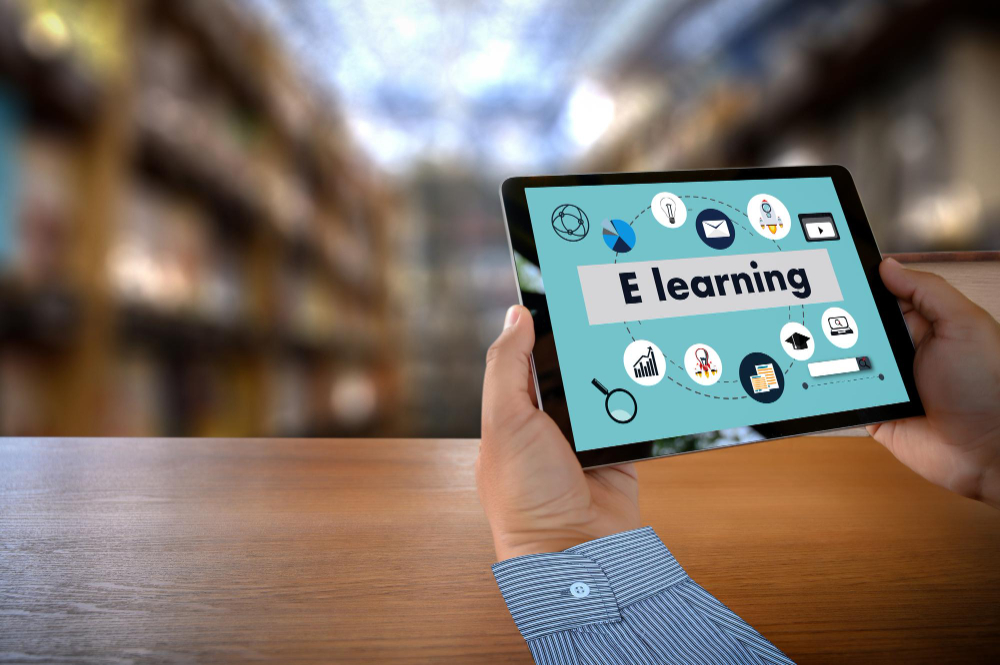As the digital landscape evolves, the field of eLearning is set to transform significantly by 2025. Educators and learners alike are poised to experience a revolution in how knowledge is imparted and acquired, thanks to advancements in technology and innovative methodologies. With learners becoming ever more diverse and dispersed globally, the need for adaptive and agile learning ecosystems will be paramount. It’s crucial to stay informed about the emerging trends that will redefine eLearning in the coming years, driving engagement and effectiveness to new heights.
One major trend to watch is the integration of Artificial Intelligence (AI) in eLearning. By 2025, AI is expected to play a pivotal role in personalizing learning experiences, providing tailored recommendations, and optimizing content delivery. AI-driven analytics will empower educators to identify learners’ strengths and weaknesses more accurately, facilitating targeted interventions. This level of customization ensures that learners engage with material that is relevant and challenging, fostering a more profound understanding of the subject matter.
Virtual and Augmented Reality (VR/AR) technologies are set to revolutionize the eLearning environment by offering immersive and interactive experiences. These technologies will enable learners to explore complex concepts and scenarios in a virtual space, making abstract ideas tangible. By 2025, we can anticipate widespread adoption of VR/AR in training programs, especially in fields like medicine, engineering, and the arts. These immersive tools offer hands-on experiences without the constraints of a physical environment, allowing learners to experiment and learn from their mistakes in a safe space.
The concept of microlearning is gaining traction and is expected to become an integral part of eLearning strategies by 2025. Microlearning delivers information in bite-sized, easily digestible chunks, allowing learners to absorb and retain knowledge more effectively. This approach caters to modern learners’ preferences for on-the-go access to information and is especially effective in corporate training settings. By focusing on specific learning objectives and providing concise, focused content, microlearning enhances engagement and reduces cognitive overload.
Gamification is another trend that is likely to dominate the eLearning landscape by 2025. By incorporating game-like elements such as leaderboards, badges, and points into the learning process, educators can boost motivation and engagement. This approach taps into the intrinsic motivation of learners, turning mundane educational tasks into rewarding experiences. As we move forward, e-learning platforms are expected to increasingly include gamified elements to make learning enjoyable and effective, driving higher retention rates.
With the rise of remote work and global learning communities, eLearning platforms must prioritize accessibility and inclusivity. By 2025, advancements in technology and a growing awareness of diverse learner needs will drive the development of more accessible content. This includes implementing features like text-to-speech, translations, and various customization options to accommodate different learning styles and disabilities. By ensuring that learning environments are inclusive, eLearning platforms will be able to reach a broader audience and foster a more equitable educational landscape.
The rapid pace of technological advancement calls for continuous learning, making lifelong learning a fundamental trend by 2025. The future of eLearning will focus on creating ecosystems that support learners throughout their lives, whether they are seeking new skills, considering career changes, or pursuing personal interests. By providing flexible learning pathways and resources accessible at every stage of life, eLearning platforms play a vital role in helping individuals navigate an ever-evolving job market and adapt to the challenges of the future.
